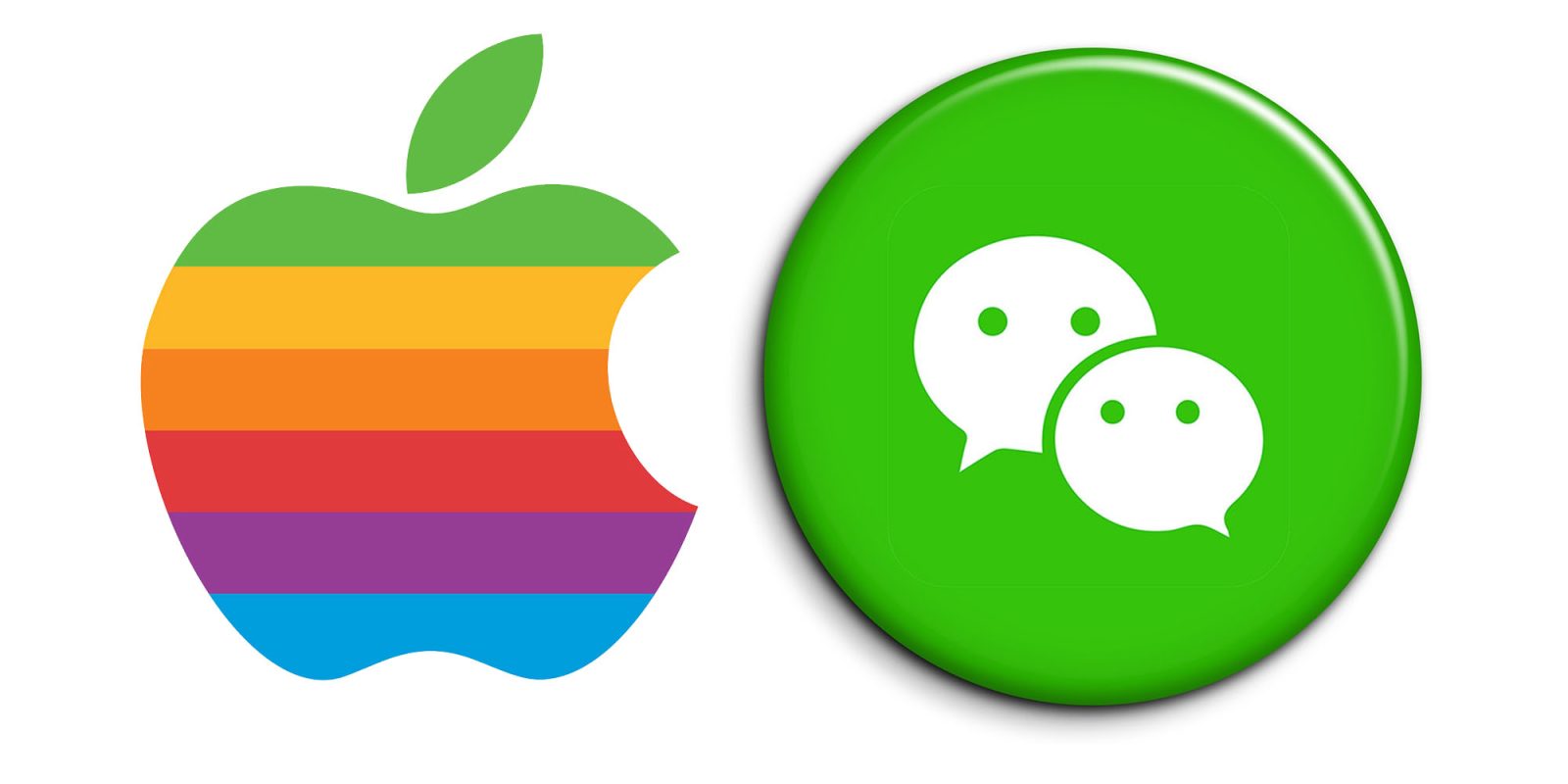
Apple is trying to pressure WeChat – the world’s most popular app – into blocking a payment loophole for in-app purchases. If app owner Tencent fails to comply, Apple says it would block essential updates.
The report says the same threat was made to ByteDance’s Douyin, the local version of TikTok, which subsequently complied. But three months later, Tencent is still refusing …
WeChat is the world’s most powerful app
All you need to know about Douyin is that it’s the name given to the version of TikTok used in China; that along tells you how popular it is. But even that is dwarfed by WeChat, with around a billion active users.
What started life as a messaging app has grown up into an entire ecosystem of mini-apps. As we noted back in 2020, WeChat is more like an operating system than an app. If you use a smartphone in China, you use WeChat.
WeChat users in China can access services to hail a taxi, order food delivery, buy movie tickets, play casual games, check in for a flight, send money to friends, access fitness tracker data, book a doctor appointment, get banking statements, pay the water bill, find geo-targeted coupons, recognize music, search for a book at the local library, meet strangers around you, follow celebrity news, read magazine articles, and even donate to charity … all in a single, integrated app […]
The way it achieves this goal is through […] the pioneering model of “apps within an app”. Millions (note, not just thousands) of lightweight apps live inside WeChat, much like webpages live on the internet.
This makes WeChat more like a browser for mobile websites, or, arguably, a mobile operating system — complete with its own proprietary app store.
Indeed, when Trump threatened to ban WeChat, analysts estimated it could cause global iPhone sales to fall by as much as 30%.
Apple trying to pressure WeChat
WeChat allowed mini-app developers to include links to external payment services. Apple said this contravened the terms and conditions applying to all apps in the App Store, and Tencent agreed to eliminate those.
However, Bloomberg reports in-game messaging services are also being used in the same way, and says Tencent has refused to block this. Apple says if it doesn’t, it will reject future WeChat updates.
In May, the US firm warned Tencent it may reject essential WeChat updates unless the developer eradicates links that mini-game developers use to accept payment off Apple’s platform, the people said. Months later, Apple asked the company to disable a key in-game messaging feature that also diverted users.
Tencent has yet to accede, [arguing] that the proposed change would neuter the product and compromise the services gamers are getting, said two of the people. The company has informed game developers that they could potentially see their business model uprooted.
9to5Mac’s Take
Apple is used to being the dominant player in these matters. A threat to block future updates can normally be relied on to being a developer into line.
But that isn’t the case here. Chinese consumers can live without iPhones; they can’t live without WeChat – and both sides know that.
This stark fact is reflected in Apple making the threat in May, yet still not acting on it some three months later. It’s likely some compromise will eventually be reached, but right now, Tencent holds most of the cards here.
Image: 9to5Mac collage of Ольга Митрофановна/CC4.0 and Dennis Douven/CC3.0
FTC: We use income earning auto affiliate links. More.

 3 months ago
65
3 months ago
65








 English (US) ·
English (US) ·